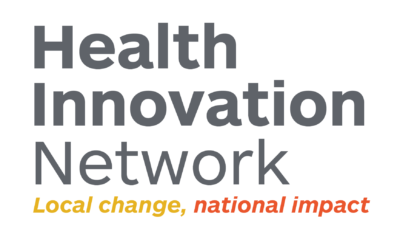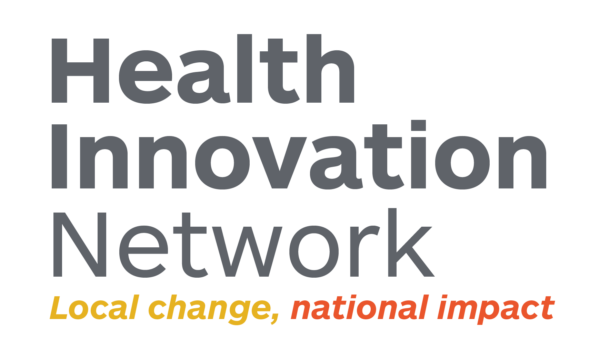Summary
Asthma affects more than 5.4 million people in the UK. Uncontrolled, severe asthma has an impact on the lives of 200,000 people, including emergency hospital admissions and serious side-effects from steroid medication.
FeNO and asthma biologics are two innovations improving patients’ quality of life through better identification and management.
"
It was only after a visit to the severe asthma centre that the first thing they did was a FeNO test. I’m not a typical asthmatic so sometimes I’ll wheeze and sometimes I won’t. I don’t present as a typical asthmatic but after blowing into the FeNO machine I was diagnosed immediately with severe asthma and my path changed.
"
Patient participant volunteer Louise Reece-Jones
What the project involved
AHSNs in England have supported the rollout of two innovations under the Accelerated Access Collaborative’s Rapid Uptake Products Programme – FeNO, a point of care test to help diagnose asthma, and biologic therapies, NICE-approved treatments for patients with severe asthma which does not respond to regular treatments. Both innovations had lower than expected uptake, presenting an opportunity to improve take-up and support the NHS Long Term Plan ambition of improving early and accurate diagnosis of respiratory conditions by embedding both FeNO testing and asthma biologics into localised clinical pathways.
Led by Oxford AHSN (Asthma Biologics) and Wessex AHSN (FeNO), the programmes aimed to improve patient care and outcomes through enhanced access to diagnostics and treatments for severe asthma. Both programmes focused on collaboration at a national, regional and local level across healthcare systems, industry partners, patients, and the community and voluntary sector to integrate FeNO testing and access to asthma biologics into everyday clinical practice.
AHSNs worked within their individual systems to support asthma pathway improvements by taking a pathway-based transformation approach. AHSNs provided clinical and transformation leadership, shared best practice, and developed education and implementation materials for those involved in providing asthma care.
A package of educational resources for each innovation, including information documents, podcasts, posters, learning modules and webinars, was created to support clinicians. The toolkits were designed in a practical way to support teams adopting and sustaining the use of FeNO and asthma biologics.
Outcomes
Key impacts include:
- More than 1,200 new FeNO devices in use in primary care and an estimated 53% of Primary Care Networks in England now have access to testing.
- FeNO supported the correct diagnosis of an estimated 58,000 new asthmatics.
- More than 4,690 new patients began receiving biologic therapies.
- Around 3,000 fewer patients are now receiving high-dose (3g or more) oral steroids each month.
- 42 Pathway Transformation Fund projects were completed to support wider adoption of asthma biologics and FeNO.
For the clinical workforce delivering asthma care the programme has supported learning, training and development.
- More than 5,000 hours of specialist training was delivered to upskill those providing asthma care.
- 1,720 people attended webinars and learning collaboratives related to asthma biologics and FeNO.
- Resource toolkits for asthma biologics and FeNO have been accessed more than 33,000 times.
These programmes also contributing to reducing underlying health inequalities in access to treatment.
Next steps
The national FeNO and Asthma Biologics programmes have now completed. Learnings from both programmes are being fed into the development of NICE/SIGN/British Thoracic Society asthma guidance, expected in 2024. Toolkit resources will continue to be available to support wider adoption of the innovations.
Access the toolkits








